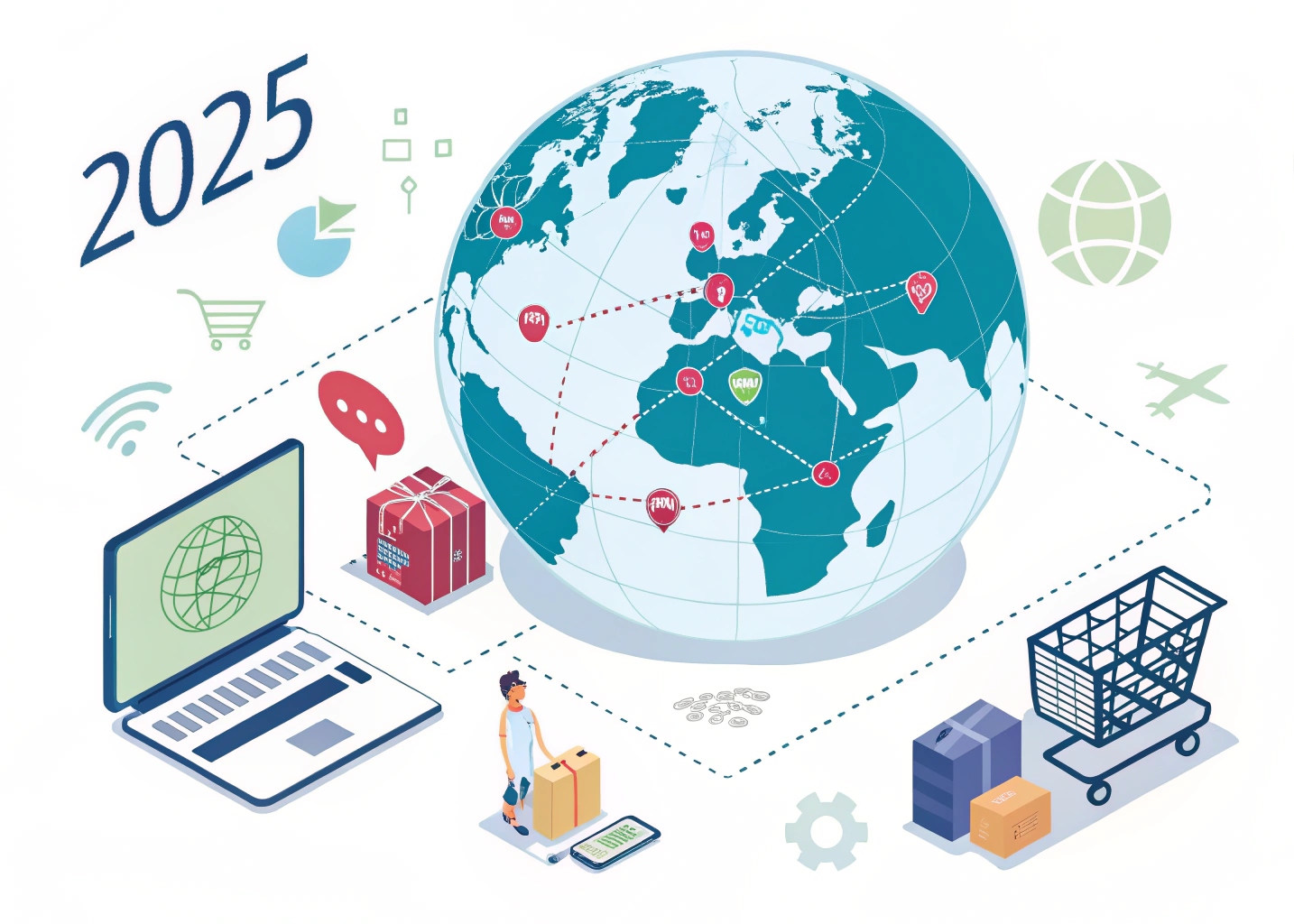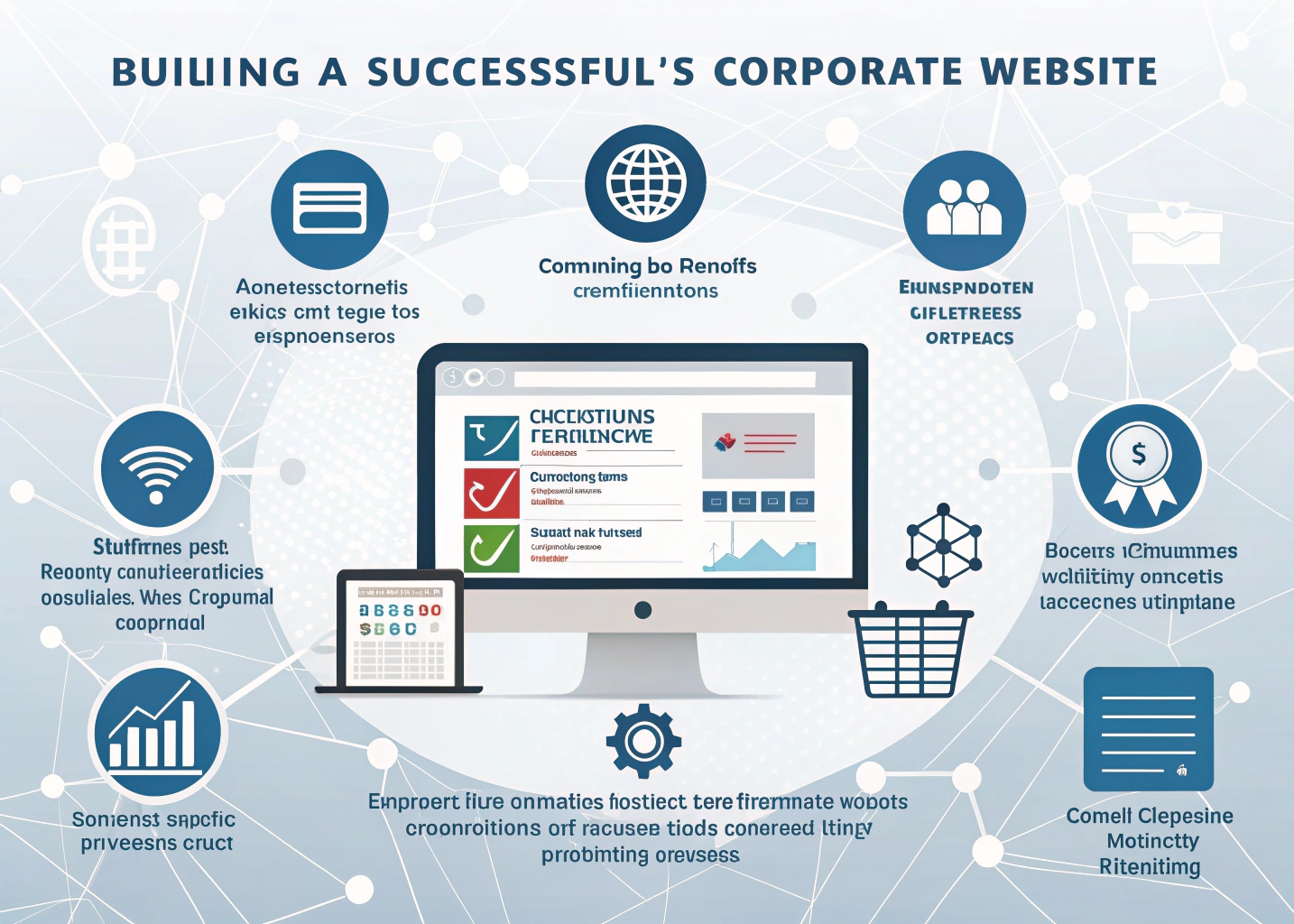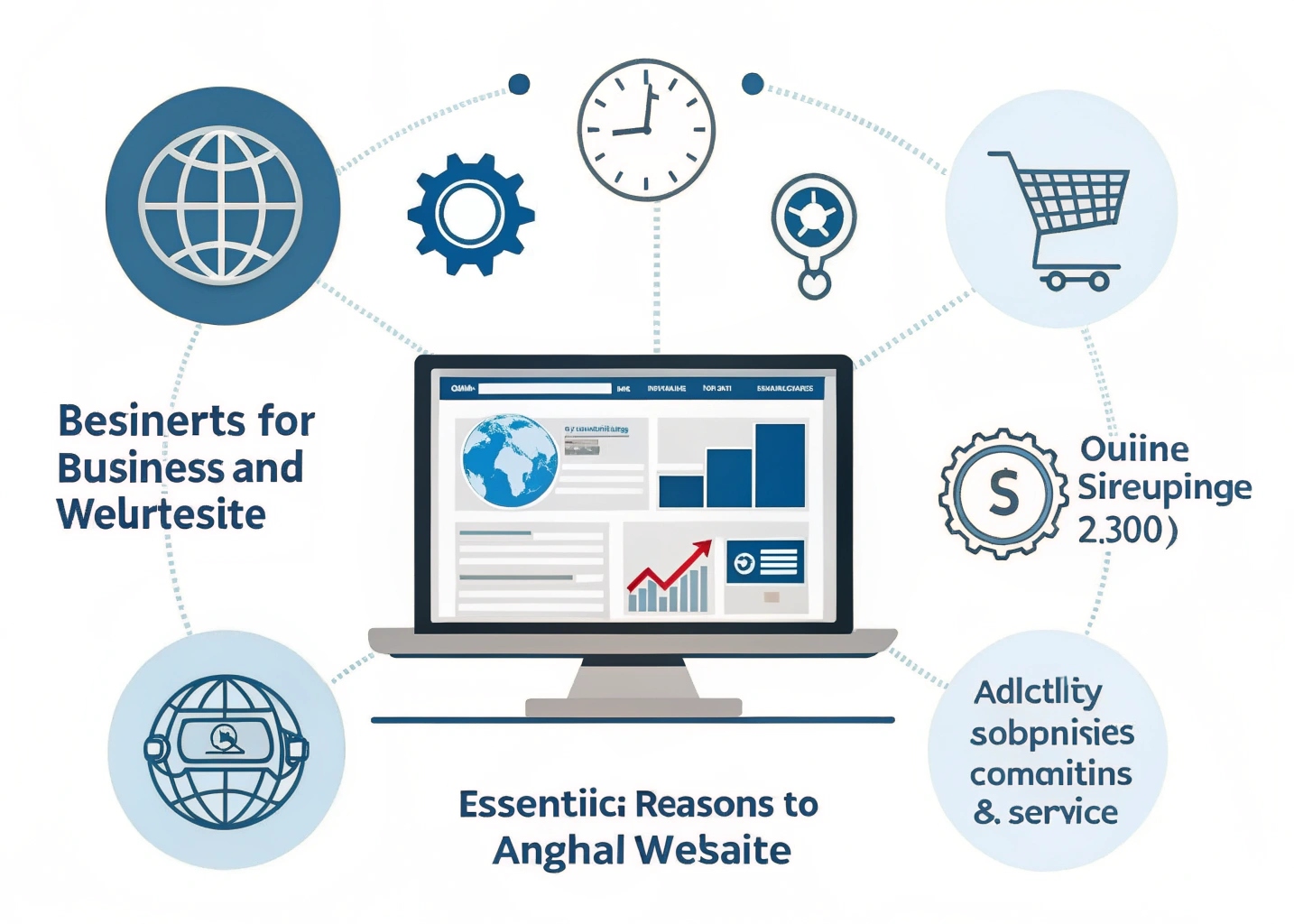In the wave of cross-border e-commerce in 2025, more and more sellers are shifting from traditional e-commerce platforms to building their own independent websites. What kind of business logic is hidden behind this trend? Today, let's delve into the unique advantages of independent websites compared to e-commerce platforms, and why they still have great potential even if they only enter the market in 2025!
The advantages of an independent station
1\. Brand building: Creating an exclusive brand image
Independent websites provide a free stage for businesses, allowing brands to present themselves to consumers in the most unique way possible. Here, companies can carefully design every detail of their website, from color matching to page layout, from copywriting to visual effects, telling the brand story in all aspects and conveying brand values. This deep brand building can effectively deepen consumers' impression of the brand, establish emotional connections between the brand and consumers, and thus stand out in fierce market competition.
2\. Operating costs: More cost-effective in the long run
Although the initial investment in building an independent website may be relatively high, in the long run, it can save businesses a significant amount of operating costs. Traditional e-commerce platforms typically charge high commissions, advertising fees, and other related expenses, while independent websites can avoid these additional expenses. By operating independently, enterprises can better control costs, increase profit margins, and achieve sustainable business growth.
3\. Customer Relationship Management: Directly reaching consumers
Independent websites have built a direct communication bridge between businesses and consumers. Enterprises can collect customer data through independent websites to understand consumers' needs and preferences, thereby achieving precise marketing and personalized customer service. This direct customer relationship management approach can effectively improve customer satisfaction and loyalty, bringing long-term stable customer resources to the enterprise.
4\. Market Expansion: Flexibly Adapting to Global Markets
Independent websites enable businesses to enter new markets more flexibly, without being restricted by traditional e-commerce platform rules. Enterprises can customize personalized marketing strategies, adjust product positioning and pricing systems, and better meet the needs of local consumers based on the market characteristics of different countries and regions. This flexibility provides strong support for enterprises to expand their business globally, helping them achieve their goals of international development.
5\. Diversified sales channels: reducing dependence on a single platform
Having an independent website does not mean that companies must give up on e-commerce platforms. On the contrary, enterprises can combine independent websites with e-commerce platforms to form a multi-channel sales network. Through this approach, enterprises can not only expand their sales scope, but also reduce their dependence on a single platform and lower operational risks. Meanwhile, multi-channel sales can also bring more traffic and exposure opportunities to enterprises, further enhancing brand awareness and influence.
Key factors for building an independent website
1\. Technical requirement: Choose the appropriate website building tool
The beginning of building an independent website is to choose a suitable e-commerce platform and website building tools. These tools need to have strong functionality and a good user experience to meet the various needs of enterprises. For example, enterprises need to consider factors such as website loading speed, security, compatibility, etc., to ensure that the website can run normally on different devices and browsers. At the same time, website building tools also need to provide convenient backend management functions to facilitate daily operations and maintenance for enterprises.
2\. Marketing Strategy: Enhance the visibility of independent websites
After setting up an independent website, enterprises need to develop effective marketing strategies to increase the visibility and traffic of the independent website. Search engine optimization (SEO) is a key aspect of it, and businesses need to improve their website's ranking in search engines and attract more organic traffic by optimizing keywords, content, structure, and other aspects of the website. In addition, enterprises can also use various channels such as social media, email marketing, and paid advertising to promote and enhance brand awareness and website traffic.
3\. Logistics Solution: Ensuring the Reliability of International Delivery
The logistics delivery of cross-border e-commerce is an important factor affecting consumer experience. Enterprises need to choose reliable logistics partners to ensure that products can be delivered to consumers in a timely and accurate manner. When choosing a logistics solution, enterprises need to comprehensively consider factors such as logistics costs, delivery speed, and tracking services to provide consumers with a high-quality logistics experience. At the same time, enterprises also need to pay attention to logistics policies and regulations in different countries and regions to ensure the compliance of logistics distribution.
conclusion
In summary, independent standing has significant advantages in brand building, cost control, customer relationships, and market expansion, and is a new trend in the development of cross-border e-commerce. Even if independent stations are not laid out until 2025, it is still possible. As long as enterprises can seize the opportunities brought by independent websites and fully leverage their advantages, they will definitely be able to shine on the stage of cross-border e-commerce and achieve the international development of their brands.






